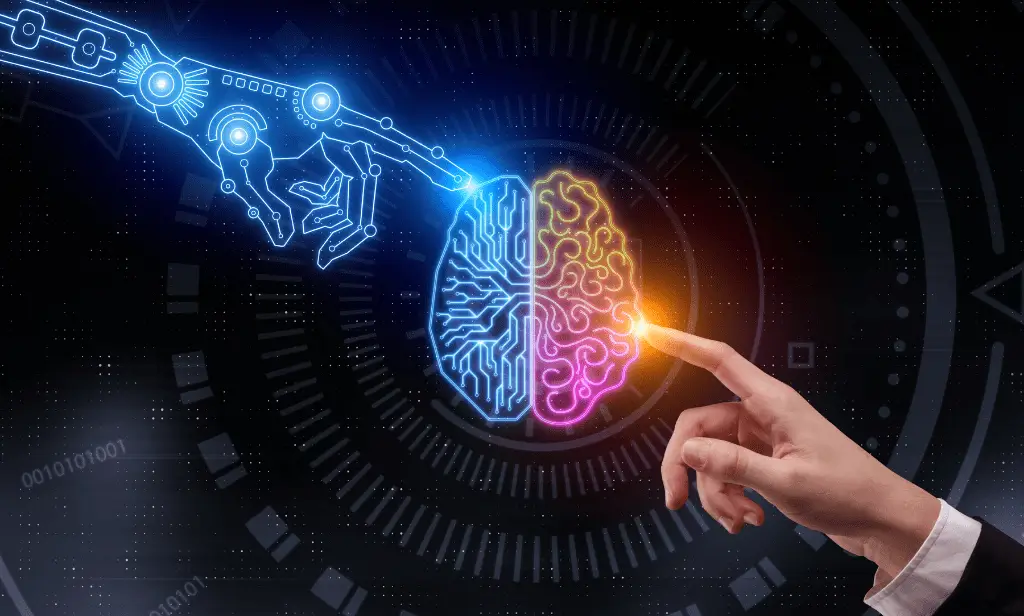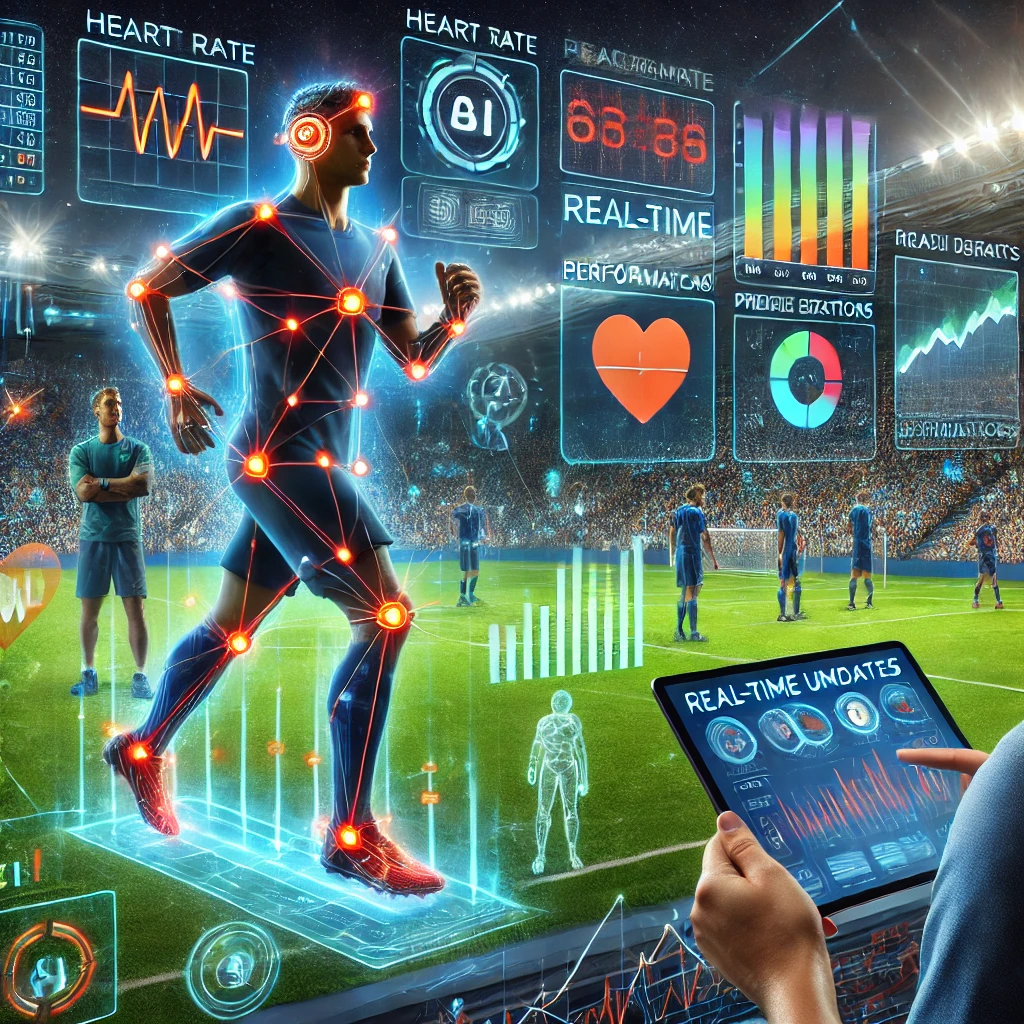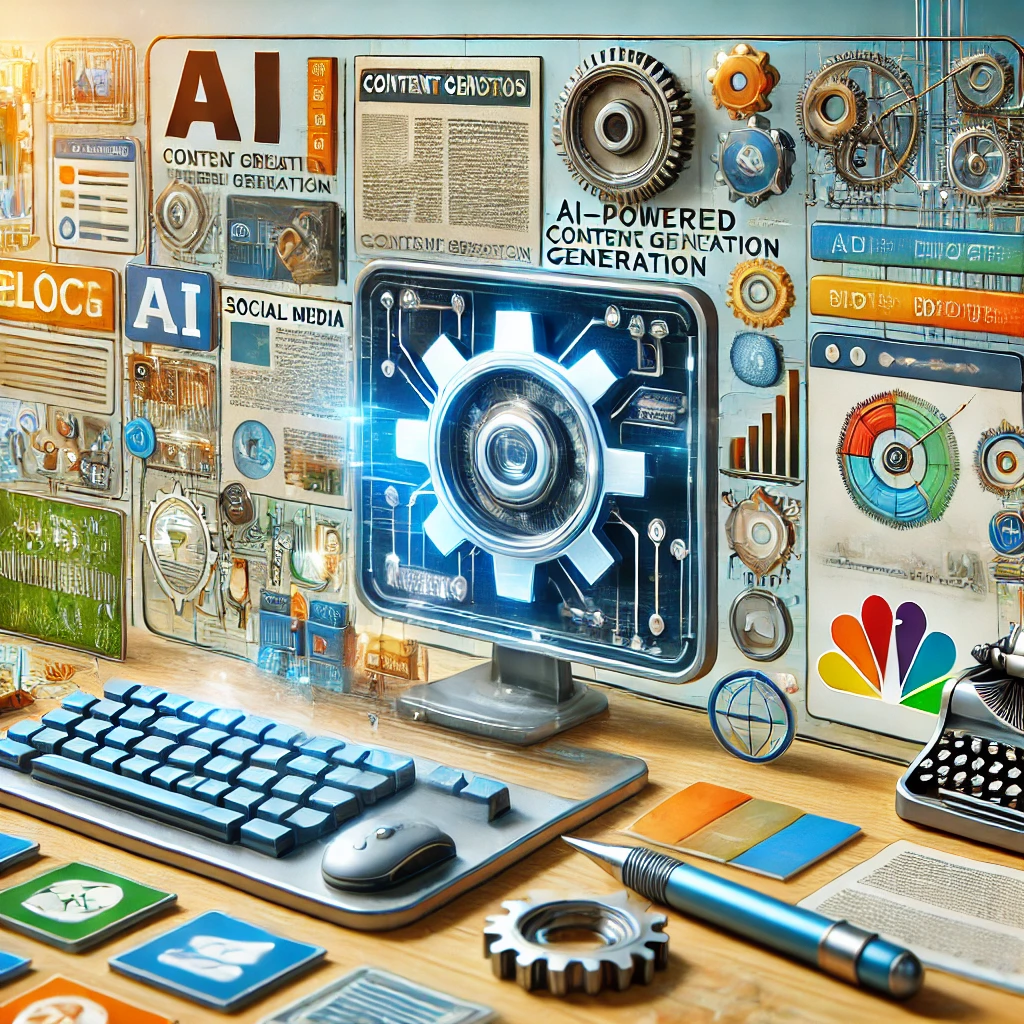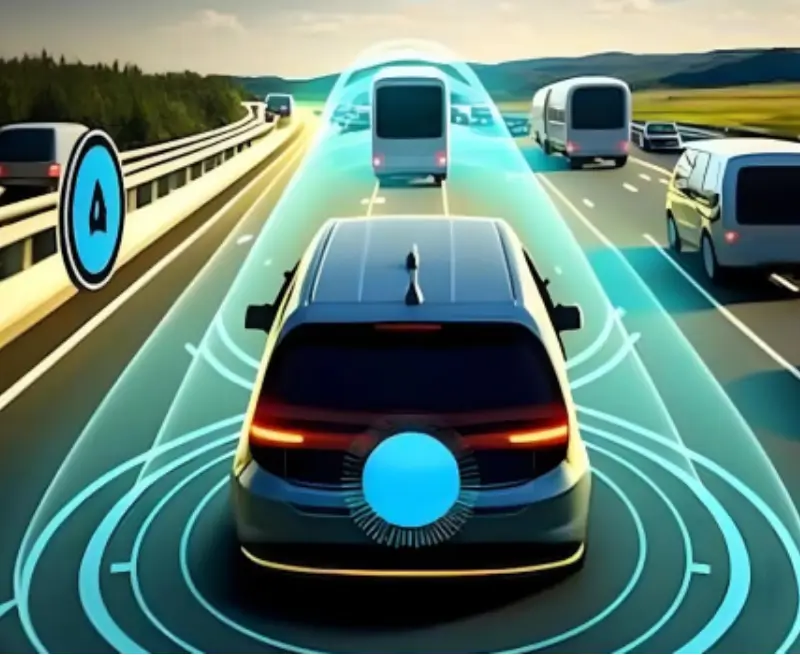
The transportation sector is undergoing a massive transformation with the adoption of Artificial Intelligence in Transportation. From autonomous vehicles navigating complex environments to smart traffic management systems reducing congestion, AI is reshaping how we move people and goods across cities and continents. As technology advances, AI and transportation are becoming more interconnected, enabling systems to be safer, smarter, and more efficient. The role of AI in logistics and supply chain is also vital in ensuring timely and cost-effective deliveries.
In this blog, we will explore how AI in transportation is revolutionizing mobility, its current applications, key benefits, challenges, and what the future holds for this exciting field.
Importance of Artificial Intelligence in Transportation
Transportation systems are the backbone of modern society. However, rising urbanization, growing populations, and increased vehicle numbers have led to challenges like traffic congestion, road accidents, inefficient logistics, and environmental concerns. Artificial intelligence and transportation offer innovative solutions to manage these complexities.
AI offers powerful tools to tackle these problems by enabling:
- Predictive analytics for traffic and vehicle maintenance
- Real-time decision-making in autonomous vehicles
- Optimization of logistics and supply chains
- Improved commuter experiences through personalized services
By automating processes and making intelligent predictions, AI for shipping and AI transportation can make transportation systems more efficient, safe, and sustainable.
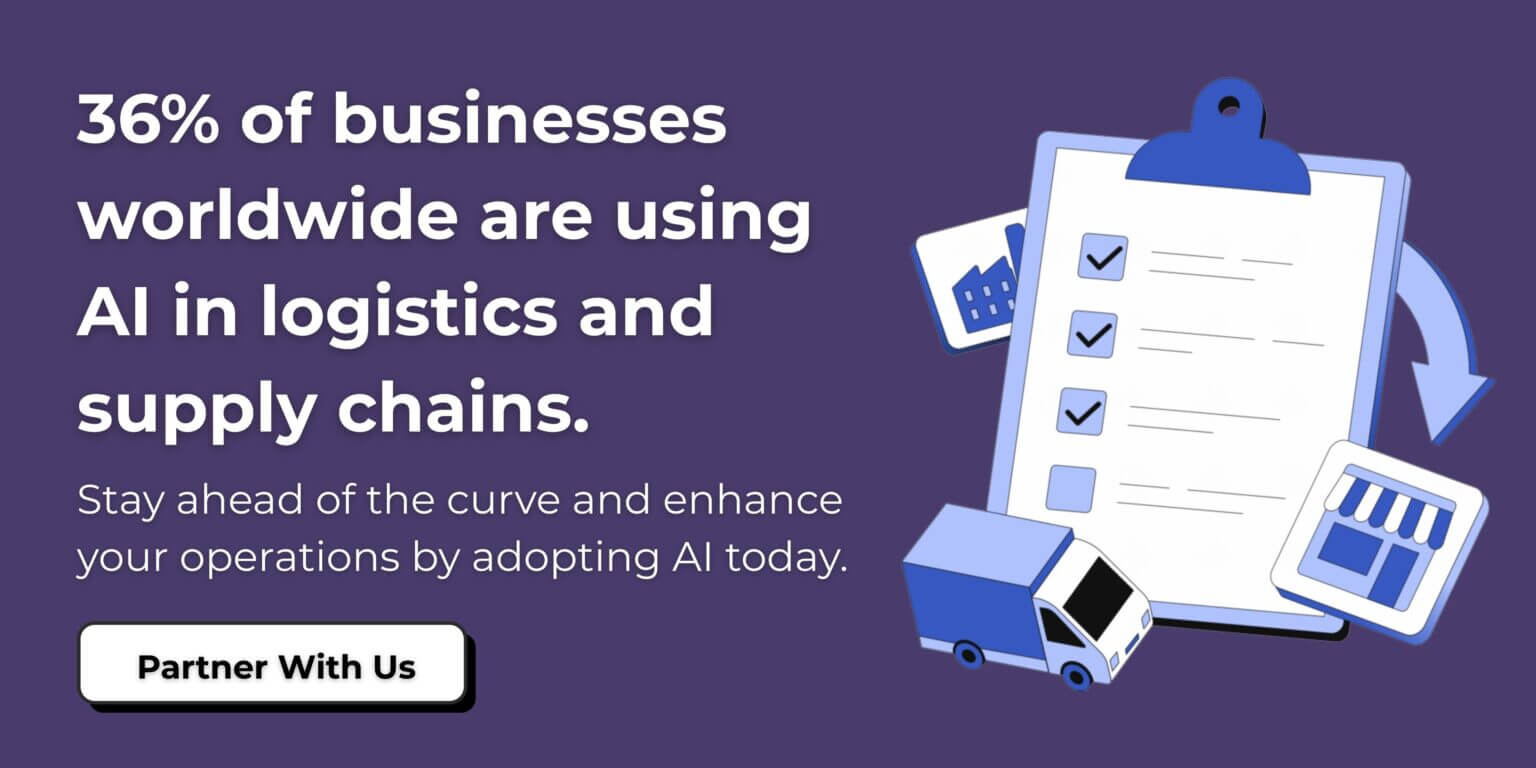
Read More: The Future of AI in Stock Trading: Opportunities, Risks, and Market Predictions
10 Use Cases of Artificial Intelligence in Transportation
Artificial intelligence in the transportation sector is revolutionizing the way businesses and governments manage and improve mobility. From streamlining traffic management to enhancing vehicle safety, the diverse applications of AI in transportation are transforming the industry. The increasing adoption of this cutting-edge technology is proving to be a game changer.
Let’s take a closer look at the top 10 ways AI is reshaping the transportation industry and driving innovation.
Predictive Maintenance
AI plays a key role in shifting from reactive to proactive vehicle and infrastructure maintenance. By leveraging both historical and real-time data, AI systems can predict potential failures and notify teams ahead of time. This allows for timely maintenance, reducing the risk of unexpected breakdowns and costly repairs. By enabling predictive maintenance, AI not only ensures smoother operations but also lowers costs and enhances safety across fleets and transport systems.
AI-Driven Customer Interaction
Customer service is being revolutionized by AI-powered chatbots that handle common queries and assist customers through processes such as booking, vehicle selection, and providing relevant information. These systems use natural language processing (NLP) to understand and respond to customer needs in real time. By automating these tasks, AI allows human agents to focus on more complex customer issues, improving efficiency and satisfaction.
Driverless Vehicles
One of the most transformative uses of Artificial Intelligence in transportation is autonomous vehicles. AI enables these vehicles to navigate without human input by processing data from sensors and cameras. Though still in developmental stages in many regions, autonomous vehicles are already operational in cities like Tokyo, offering a glimpse of the future of self-driving transportation. As technology improves, these AI-powered vehicles will become increasingly common, potentially changing the entire landscape of personal and commercial transportation.
AI for Fraud Detection in Insurance
Fraud is a significant challenge in the automotive insurance industry, with billions of dollars lost to false claims every year. AI helps to combat this issue by analyzing large datasets to identify irregularities and flag potential fraud. This AI-driven approach enables insurers to prevent fraudulent claims before they occur, improving both the accuracy of claims processing and the integrity of the insurance system.
Analyzing Driver Behavior
AI plays a critical role in monitoring and analyzing driver behavior, enhancing safety and operational efficiency. By tracking various driving patterns, such as speeding, braking habits, and fuel efficiency, AI-powered systems can offer insights into driver behavior. This data not only helps to improve safety on the roads but also informs better insurance pricing and fleet management, contributing to reduced risk and optimized performance.
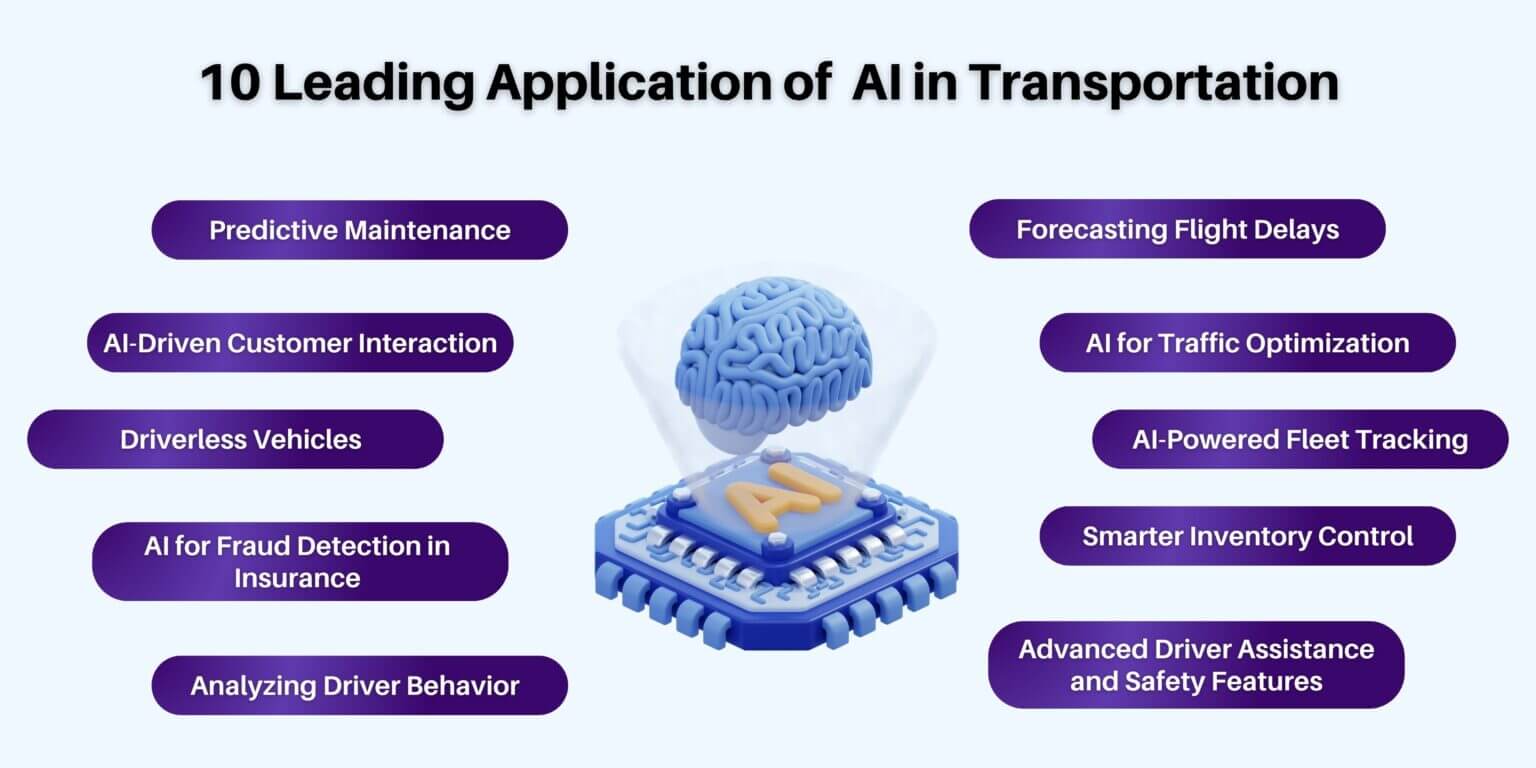
Forecasting Flight Delays
Flight delays are a major inconvenience in the aviation industry, often caused by weather, technical issues, or air traffic congestion. AI assists in forecasting delays by analyzing historical data and real-time conditions, such as weather reports and maintenance logs. This predictive capability allows airlines to update passengers promptly, giving them a better experience by reducing wait times and enabling better planning.
AI for Traffic Optimization
Traffic congestion is a daily challenge in cities worldwide, but AI offers solutions to optimize traffic flow. By analyzing data from GPS devices, cameras, and sensors, AI can manage traffic signals in real time, adjust routes, and reduce congestion. Not only does this improve overall traffic efficiency, but it also provides commuters with updates on the best routes, helping them avoid delays and get to their destinations faster.
AI-Powered Fleet Tracking
AI-based vehicle tracking systems provide real-time insights into fleet performance, allowing companies to monitor vehicle locations, condition, and operational status. By integrating predictive analytics with GPS data and sensor information, businesses can optimize routes, track fuel usage, and plan maintenance schedules. This leads to enhanced fleet efficiency, cost savings, and improved service delivery.
![]()
Smarter Inventory Control
AI is helping companies manage their inventory more efficiently by predicting demand, optimizing stock levels, and automating restocking processes. Through AI-powered robots and machine learning algorithms, businesses can ensure they have the right inventory at the right time, reducing the risk of stockouts or excess inventory. AI also helps companies better understand customer needs and market trends, improving supply chain operations.
Advanced Driver Assistance and Safety Features
AI technologies are transforming vehicle safety with advanced driver assistance systems (ADAS). These systems leverage AI to detect hazards, alert drivers, and even take corrective actions in certain cases, like steering or braking. By analyzing data from cameras, radar, and sensors, AI-powered systems improve driver safety and reduce the likelihood of accidents, making the roads safer for everyone.
By integrating AI across multiple facets of the transportation industry, companies are able to drive efficiency, enhance safety, and deliver better services to their customers. The future of transportation is undoubtedly AI-powered, and as these technologies evolve, the industry will continue to experience profound change.
Real-World Examples of Artificial Intelligence in Transportation
Artificial Intelligence is playing a crucial role in transforming the transportation sector, making vehicles more advanced, autonomous, and efficient. Big corporations and innovative startups alike are increasingly incorporating AI in transportation to streamline operations, improve safety, and enhance the overall user experience. Below are some prominent examples of AI in the transportation industry:
BMW
BMW is another industry leader utilizing AI in transportation, with over 400 AI applications integrated into its operations. The company’s latest vehicle models are equipped with AI-powered virtual assistants that adapt to a driver’s preferences, offering personalized experiences. These AI systems improve safety by predicting and responding to driver behavior, enhancing overall convenience and security on the road.
Tesla
Tesla continues to push the boundaries of AI in transportation, utilizing advanced AI technologies to enable self-driving features in its range of vehicles. Tesla’s AI systems not only enable autonomous driving but also monitor drivers for signs of fatigue or distraction. This AI-driven approach helps prevent accidents and enhances road safety by detecting potential risks early.
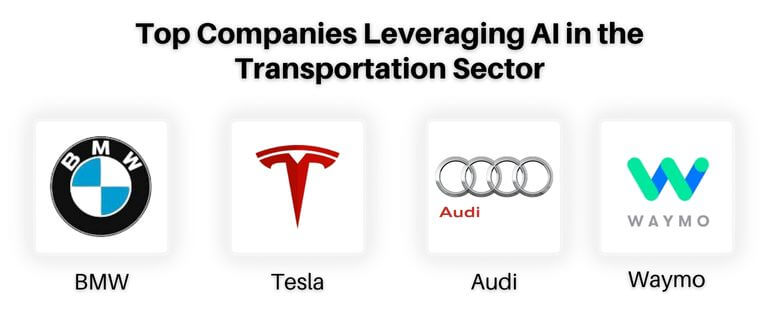
Audi
Audi has embraced AI and computer vision in its production processes to enhance vehicle quality control. By using AI, Audi can detect even the smallest imperfections in vehicle sheet metal during production. This allows the company to eliminate defective parts early in the manufacturing process, ensuring that only the highest quality vehicles reach consumers.
Waymo
Waymo, once known as the Google self-driving car project, has become a leader in autonomous driving technologies. The company harnesses AI to power its fleet of self-driving vehicles, including delivery vans, taxis, and tractor-trailers. With AI at its core, Waymo is revolutionizing the way goods and people are transported, setting the standard for autonomous mobility in the industry.
These examples illustrate the ongoing impact of AI in transportation, with companies leveraging the power of AI to create safer, more efficient, and smarter vehicles. As AI continues to evolve, its applications in the transportation industry will only expand, driving innovation and reshaping the way we move.
Also Read: AI Words: How Artificial Intelligence is Redefining Language and Development
Key Benefits of AI in Transportation
AI in the transportation sector is revolutionizing the way companies and individuals approach mobility. By integrating AI with other advanced technologies like IoT, machine learning, cloud computing, big data analytics, and 5G, the transportation industry is achieving new levels of efficiency, safety, and sustainability. AI enhances how vehicles communicate with each other and surrounding systems, making transportation smarter, safer, and more eco-friendly. Let’s explore the top benefits of AI in transportation:
Enhanced Safety Features
AI significantly boosts safety across the transportation industry by leveraging real-time data and predictive analytics. By monitoring traffic flow and identifying hazardous conditions, AI alerts drivers to potential dangers, thus minimizing the risk of accidents. Advanced driver-assistance systems (ADAS), such as lane-keeping assistance and collision avoidance warnings, provide vital support, helping drivers navigate challenging situations. Over time, AI systems continue to learn and improve from past incidents, making the roads safer for everyone and potentially saving lives.
Promoting Sustainability
AI is playing a key role in driving sustainability within transportation by optimizing routes and cutting down fuel consumption. Smart AI algorithms assess real-time traffic patterns to suggest the most efficient paths, helping to reduce emissions and conserve energy. Additionally, AI is instrumental in integrating electric and autonomous vehicles into the broader transportation ecosystem, reducing the overall environmental impact. Through improved resource management and eco-friendly driving practices, AI is shaping a greener and more sustainable future for transportation.
Quicker Emergency Response
In emergencies, AI can significantly reduce response times. By automatically notifying emergency services during accidents or incidents, AI helps streamline the dispatching process. This quick response can be critical in saving lives and minimizing injuries. AI systems can also provide emergency responders with vital information, such as the precise location and the severity of the situation, allowing them to allocate resources more efficiently and respond appropriately.
Personalized Driving Experience
AI also enhances the in-vehicle experience by offering personalized recommendations based on a driver’s preferences. From adjusting the infotainment system to suggesting optimal routes, AI customizes the driving experience to make journeys more enjoyable. Over time, AI learns from the driver’s behavior, predicting future preferences and providing a more intuitive and convenient experience for every ride.
Intelligent Traffic Flow Management
AI helps alleviate the problem of traffic congestion by optimizing traffic flow. Through data analysis of traffic conditions and intelligent signal timing, AI reduces congestion and shortens travel times. Real-time traffic data also enables AI to suggest alternative routes, allowing drivers to avoid delays and improve the overall efficiency of their travels. This ensures smoother, more predictable journeys for everyone on the road.
Improved Vehicle Connectivity
AI fosters better connectivity between vehicles and surrounding infrastructure, allowing for a more coordinated and efficient transportation system. Vehicles equipped with AI can share data in real-time about traffic conditions, road closures, and hazards, helping drivers make well-informed decisions. This interconnectivity ensures safer roads, reduces delays, and enhances overall network efficiency.
Lower Carbon Emissions
By optimizing fuel consumption and promoting efficient driving behaviors, AI is helping to reduce the carbon footprint of the transportation sector. AI systems can analyze traffic and vehicle performance data to reduce fuel usage, thereby minimizing emissions and improving air quality. Additionally, the integration of electric and hybrid vehicles into AI-enabled transportation systems further supports the reduction of carbon emissions, contributing to cleaner, greener urban environments.
These benefits highlight the transformative power of AI in the transportation industry, driving both operational efficiency and sustainability. As AI continues to evolve, its applications will further revolutionize how transportation systems operate, providing smarter, safer, and more eco-friendly solutions for the future.
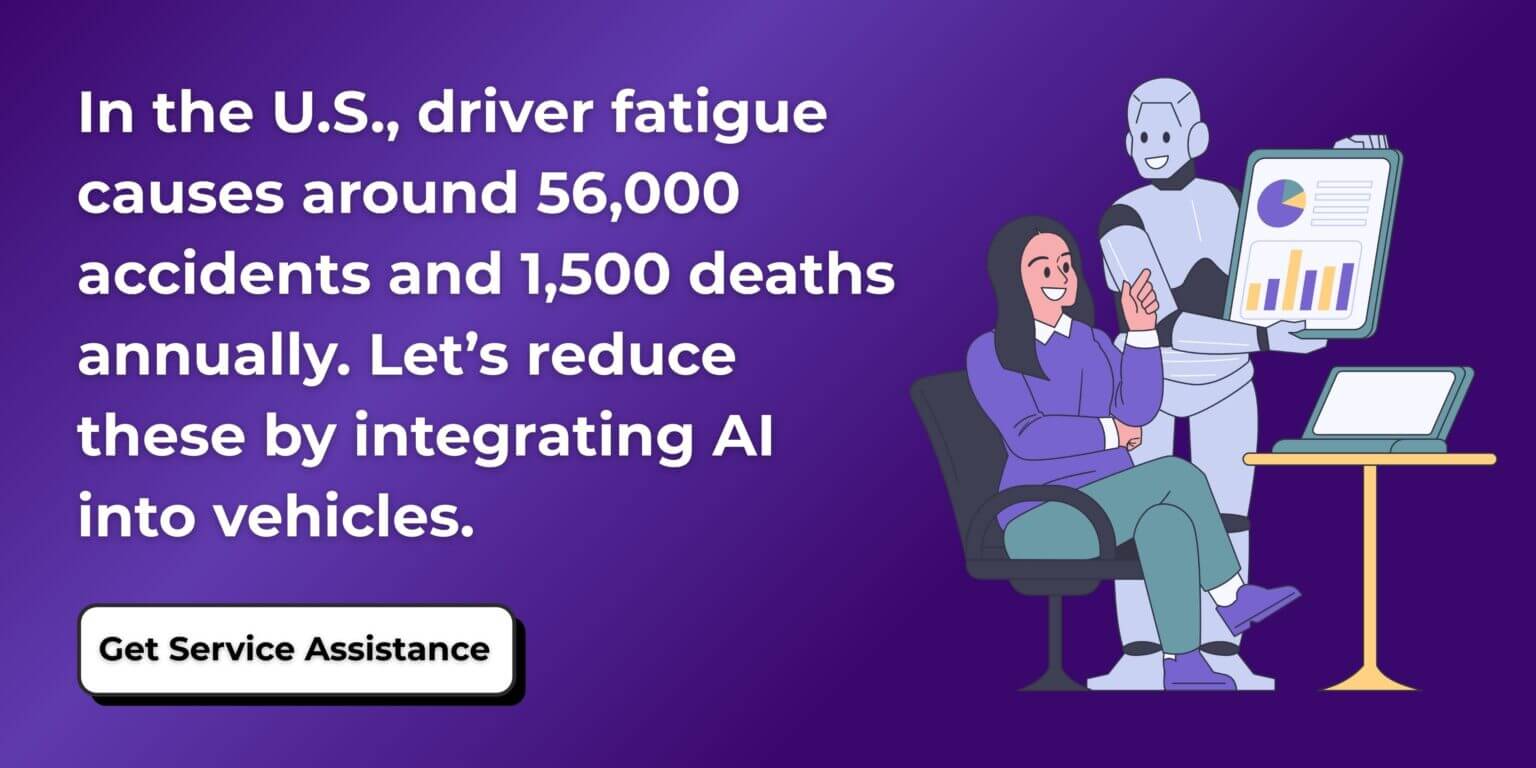
Challenges and Limitations of AI in Transportation
Despite its immense potential, integrating AI into transportation also brings several challenges:
1. High Implementation Costs
Developing and deploying AI-powered transportation solutions involves significant initial investments in hardware, software, and skilled personnel.
2. Data Privacy and Security
AI relies on vast amounts of data to function effectively. Protecting sensitive user data and ensuring cybersecurity remain critical concerns.
3. Regulatory and Legal Hurdles
The lack of standardized regulations for autonomous vehicles and AI-based traffic systems poses a major barrier to widespread adoption. Clear policies and legal frameworks are needed to foster growth.
4. Ethical Concerns
In autonomous driving, ethical dilemmas (such as decision-making in unavoidable accident scenarios) are still under debate, requiring carefully designed ethical AI systems.
5. Dependence on High-Quality Data
AI systems require large amounts of high-quality, real-time data to perform accurately. Inconsistent or insufficient data can lead to unreliable outcomes.
Future of AI in Transportation
As AI in transportation continues to advance, we can expect even more transformative changes. The future might witness:
- Fully autonomous public transport systems operating seamlessly without human drivers
- Smart cities where traffic lights, parking systems, and public transport are interconnected and AI-optimized
- AI-powered drones used for last-mile deliveries and emergency services
- Sustainable AI solutions helping cities achieve their climate goals
- Personalized travel experiences, where AI suggests modes of travel based on weather, personal preferences, and schedules
Advancements in 5G connectivity, IoT integration, and machine learning algorithms will further enhance AI’s capabilities, making transportation systems even more intelligent and adaptive.
Our Experience in AI Development Services
AI is transforming the transportation and logistics sectors by enabling smarter, more efficient operations. From autonomous vehicles to predictive maintenance, AI is revolutionizing how companies optimize their supply chains, reduce costs, and improve service delivery. At LuminoGuru, we specialize in providing AI-driven solutions for transportation. Our team has extensive experience in developing scalable AI for logistics, autonomous vehicle technologies, predictive maintenance, real-time traffic optimization, and supply chain management.
As trusted AI solutions providers, we help businesses leverage the power of AI to optimize their transportation operations. By working closely with companies in the logistics and transportation sectors, we develop tailored AI models that address specific business challenges. From predictive analytics for AI-powered shipping to smart traffic flow management, our solutions ensure that businesses stay competitive in an increasingly automated world.
You may like to know: Generative AI for Business Applications: Revolutionizing Industries
Final Thoughts
The future of Artificial Intelligence in Transportation holds immense potential. As technology advances, AI for transportation will continue to drive innovation, creating safer, more efficient, and greener transportation systems. The integration of AI in logistics and supply chains will further streamline operations, while advancements in autonomous driving will redefine the way we travel.
At LuminoGuru, we specialize in AI development services, helping businesses leverage the latest AI technologies to enhance transportation operations. AI has already started revolutionizing the transportation sector, but as challenges are addressed, we can expect a fully connected, AI-powered transportation ecosystem in the near future.
FAQs About AI in Transportation
How is AI improving traffic management?
AI enhances traffic management by analyzing real-time traffic data from sensors and cameras. It predicts congestion patterns, dynamically adjusts signal timings, and suggests alternative routes, leading to smoother traffic flow and reduced commute times in busy urban areas.
What role does AI play in autonomous vehicles?
AI powers autonomous vehicles through machine learning, computer vision, and real-time decision-making. It helps self-driving cars detect obstacles, interpret traffic signs, predict pedestrian behavior, and navigate complex environments safely, reducing human error and accident risks.
Can AI help reduce transportation emissions?
Yes, AI optimizes traffic flows, reduces idle times, improves vehicle efficiency, and supports electric fleet management. These improvements collectively lower fuel consumption and emissions, helping cities achieve sustainability goals and combat climate change.
How does predictive maintenance in transportation work?
Predictive maintenance uses AI algorithms to monitor vehicle sensors and detect early signs of mechanical issues. It alerts operators before breakdowns occur, minimizing downtime, cutting repair costs, and extending the life of transportation assets.
What are the challenges of using AI in transportation?
Challenges include high implementation costs, data privacy concerns, regulatory hurdles, ethical dilemmas in decision-making, and potential system failures. Ensuring AI systems are safe, fair, and reliable remains a major focus for transportation stakeholders.
What is the potential of Generative AI in transport?
Generative AI holds tremendous promise in transforming the transportation sector. It enhances planning, design, and operational efficiency by optimizing routes and simulating traffic patterns. This technology also plays a crucial role in developing advanced algorithms for autonomous vehicles, improving safety and performance.
Furthermore, by analyzing vast data sets, generative AI provides valuable predictive insights, making maintenance and logistics more efficient while reducing costs. As it continues to evolve, generative AI is set to redefine how we address transportation challenges, making our systems smarter, safer, and more streamlined.

 Software Development
Software Development Food Delivery
Food Delivery Taxi Booking
Taxi Booking E-Commerce
E-Commerce Real Estate
Real Estate Healthcare
Healthcare